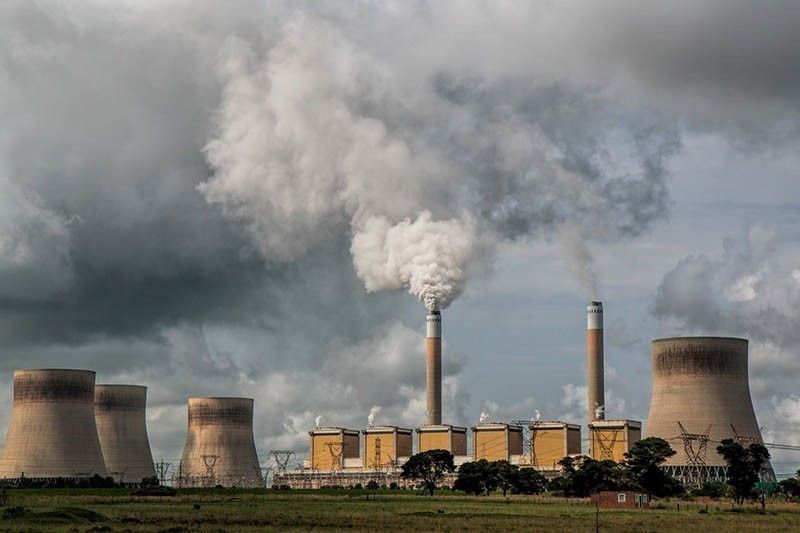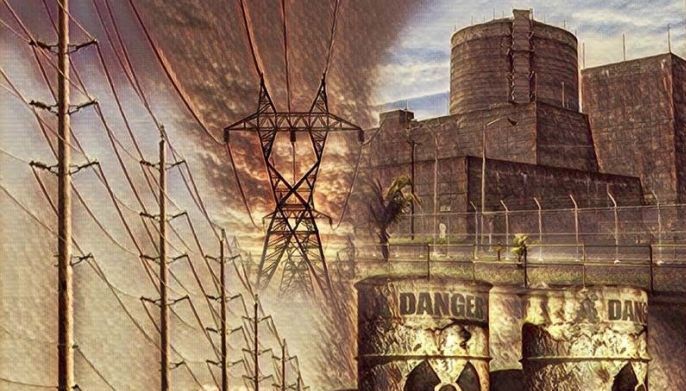Greenpeace: Proposal to add nuclear to country's energy mix 'plain irresponsible, irrational'

MANILA, Philippines — The inclusion of nuclear power in the Philippines’ energy mix will only bring more problems and debt to Filipinos, an environmental organization said as it urged the government to reject the proposal of the Energy department.
Energy Secretary Alfonso Cusi sought President Rodrigo Duterte's nod for a proposed executive order to add nuclear power to the country’s energy sources, Malacañang said Tuesday.
Presidential spokesperson Salvador Panelo said Cusi claimed that tapping nuclear power can help solve the country’s energy gap.
According to environmental group Greenpeace Philippines, there is no rational reason for the Energy department to push a nuclear power agenda.
"Nuclear power is the most dangerous source of electricity and throughout their life cycle, nuclear plants contribute significantly to climate change. In other parts of the world, nuclear facilities are being decommissioned and phased out from energy plan," Greenpeace campaigner Khevin Yu said.
From the 1960s until the mid 1980s, Ferdinand Marcos adopted a nuclear energy program and built the Bataan Nuclear Plant, called by critics the “monster” of Morong town. It was mothballed after President Corazon Aquino assumed office in 1986 due to safety concerns.
Nuclear power a costly option
Yu also said that nuclear is the most costly option for power generation.
In 2003, the Massachusetts Institute of Technology estimated the cost of a plant without financing would be US$2,000 per kilowatt. In their updated study released in 2009, the estimated cost was at US$4,000.
“Nuclear power will bring more problems and debt to the Filipino people,” Yu said, adding that pushing it as an energy source is “plain irresponsible and irrational.”
Safety concerns
Another big issue is the absence of safe and permanent storage of radioactive spent fuel, Yu said.
In 2018, Philippine Nuclear Research Institute Director Carlo Arcilla stressed the need to put forward radioactive waste management for discussion.
“It’s (nuclear power development) like putting up a mansion without toilets if you’re not talking of radioactive wastes,” Arcilla said then.
Duterte in 2018 said safety should be the priority when deciding whether to tap nuclear energy for the power needs of Filipinos.
Focus on renewable energy instead
Greenpeace said the government should instead focus on ensuring the Philippines is on the part to a massive update of renewable energy, which is seen as the “best solution” to the climate crisis and energy security.
“Renewable energy is the most abundant source of power, the safest, the cheapest, and the least carbon intensive. The country’s untapped renewable energy potential is vast and capable of supplying energy 24/7,” Yu said.
A report by Greenpeace released in November 2019 showed that coal remains the country’s dominant energy source in 2018. It had a 52.05% share in gross power generation by source in gigawatt hours.
The share of renewable energy sources, meanwhile, was at 22.27% as of December 2018.
“We are calling on President Duterte to put a stop to the DOE’s nuclear madness and direct the agency to truly focus on promoting RE, not only because it is the rational thing to do, but also it is the best decision that he can do for current and future generations of Filipinos,” Yu said.
- Latest
- Trending

































